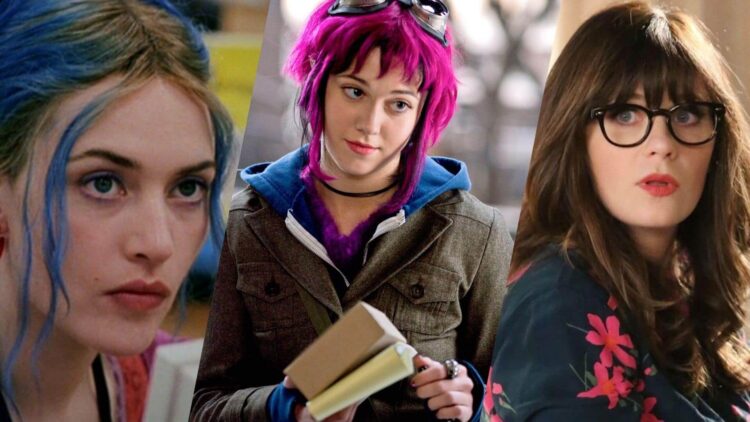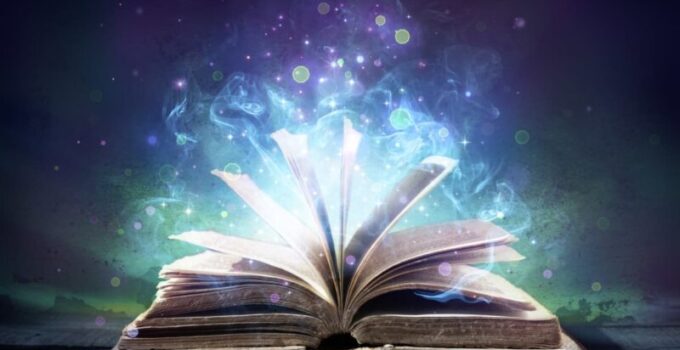Who doesn’t like romance? Well, if it’s another white knight riding through the storm to save the princess stuck in the isolated and tall tower, then I’d like to raise my hand and nod vigorously.
We’ve all read a ton of novels, and if you have read romance novels by the dozen, you’ll have come across cliches as frequent as punctuation marks.
These tropes are beloved for a reason. We read them over and over again. Some of us romance aficionados probably know these tropes like the back of our hand, but devour them like they are never before seen literary techniques.
The trouble is, though, when these tropes are so overdone there’s no novelty left. There’s no scope for innovation. And even the most ardent of fans get bored.
What do you do then? We say, avoid these tropes altogether. Reinvent the genre.
Here are 6 romantic tropes you should definitely avoid in your next novel. Read on to know more.
Page Contents
1. White Knight Saves Damsel in Distress
“My strong prince, I am so glad you’re here!”
Yes, there is something magical about waiting for hours on end, maybe twirling the end of that obnoxious ball gown that you have (in an isolated tower?!) and sighing with relief when the white knight somehow grunts his way onto the top of the tower and rescues her. When it was first used in tales of love, there was definitely allure to it. A thrill, even. After all, who doesn’t love the gentle virility of the romantic hero?
But the world has changed a lot since then. This idea of chivalry almost feels outdated in the modern world. And we’re so, so tired of this trope in romance novels. Rescue is romanticized and trauma bonding is underway.
Try to subvert this trope and give it a newfound approach. Or drop it altogether. The pick is yours.
2. The amnesia cliche

Source: psychologytoday.com
Two people meet each other and — oh, my god — there could be no other couple in the whole universe who has this mind blowing chemistry that these two have! Everything is going great, they are madly in love with each other and also, to our complete annoyance, far too much in sync than realistically possible.
But suddenly, something happens, an accident or something, and one of them loses their memory.
The entire novel then becomes about how this other person tries to win them back and they create new memories, because love triumphs over everything, even if it’s countless guilt trips and forced living-together situations.
In times like this, we wonder, is it too much to ask for an ounce of realism in romance novels?
3. “Cough, cough, I am sick”
Yet again, two people meet and they’re simply perfect for each other! But surprise, surprise — fate has something else in store for them. It is revealed that one of them is terminally ill. Now the novel becomes about the romanticization of the illness, with teenagers all around me going ‘I wish I was sick too’, which is disturbing. Love goes on, even amidst ridiculous bucket lists and heartfelt declarations.
Maybe this trope was in vogue when John Green published The Fault in Our Stars, but a decade down the line, it feels a bit overdone. Romance writers, here’s your memo: time to switch things up.
4. “I changed…for you!”
She’s the ultimate girl-next-door (demure, docile, very feminine) and he’s the baddest boy in the school. Sparks don’t fly at first, but, boy, when they fly, they soar. The boy undergoes such rapid personality changes that one might think he’s preparing for a corporate interview. There is at least one confrontation against a solid surface which might give the audience what they want (a glaring hint: slight sexual tension), a screaming match, and an ultimatum.
Totally gone out of fashion.
5. Manic Pixie, but mostly manic

Source: studiobinder.com
The term ‘manic-pixie dream girl’ was coined by Nathan Robin. It refers to a character who helps the main character achieve their goals without having any goals themselves. They are usually otherworldly, dream-like and have this childlike curiosity which is both sensual and innocent at the same time.
Once again, a trope that appealed to many people and one time but became so overused, repetitive, and cliched that it no longer made sense. Many MPDG characters nowadays are put in a rigid definition of “quirky” (deeply ironic, yes, we know), which dilutes the uniqueness of the character.
If you want to create a quirky character, then great! As long as your idea of “quirky” is not from a template. Human beings are strange enough, so boxing them in a specific definition of uniqueness becomes a tad inauthentic.
6. The star-crossed lovers
Two lovers who can’t be together because of multiple issues: warring families, different species, careers in different cities, or because they’re simply toxic for each other. It’s one dramatic event after another, to the point where it feels like half of them are there simply for plot convenience!
We’ve seen this star-crossed lovers trope time and time again, in numerous iterations, but somehow it no longer feels fresh.
For once, we’d like an uncomplicated love story to be portrayed in fiction, because, and we don’t mean to preach, uncomplicated love stories also can be poetic. Sometimes, the beauty is in the simplicity. The way something mundane can be completely otherworldly to two people deeply in love. The serenity in a simple, quiet life.
But that’s just our take on the matter.
It might seem utterly pessimistic to list down these beloved cliches and express distaste. But that doesn’t mean we don’t like to delve into them once in a while, just for the sake of nostalgia, if nothing else. And our disdain certainly does not mean we don’t appreciate the efforts of romance novelists!
If you want to get your romantic fiction edited, we promise that PaperTrue’s editors will have a far more pleasing countenance than we do. To know more about their fiction editing services, visit www.papertrue.com.





